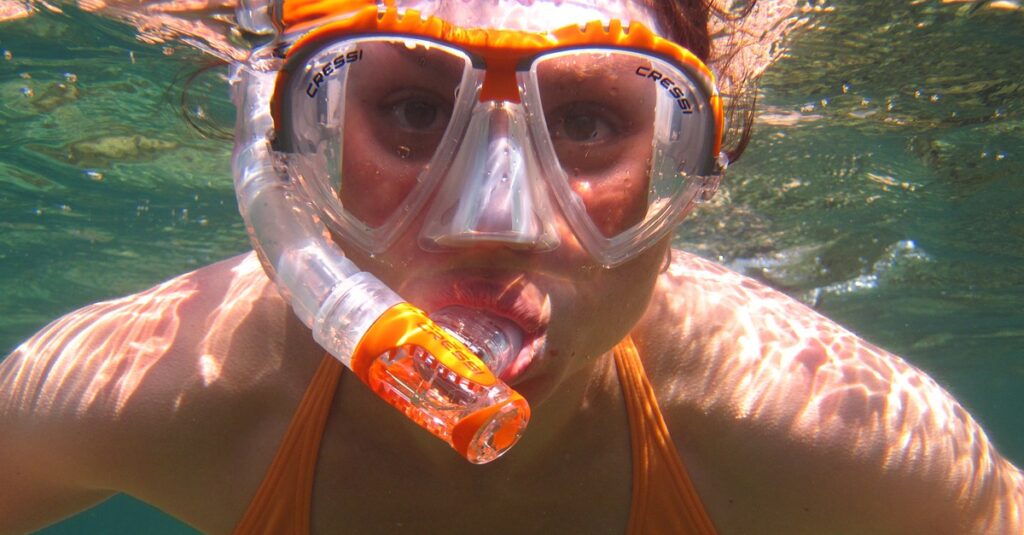

If you’re healthy, well-trained and following good practice, freediving can be good for your lungs. There are a range of systematic techniques and training exercises aimed at enhancing lung function in freedivers. Those with pre-existing lung conditions should consult a doctor if they’re thinking of taking up freediving.
With good training and proper practice, freediving can be good for your lungs, as well as supporting wider physical and mental health. However, this sport also places unusual stresses on the cardiopulmonary system and there are also risks to lung health, particularly for untrained divers, smokers and those with existing lung conditions.
The True Story Book of Freediving Champion Audrey Mestre and the Story of Her Death
View on Amazon: The Last Attempt (Opens new tab)


Top rated read
With correct training and practice, freediving may actually increase lung function and capacity. At the same time, freedivers must manage the risks posed to lung health by associated dangers such as increased hydrostatic pressure, hypoxia (low blood oxygen levels) and hypercapnia (high blood carbon dioxide levels).
What are the benefits of freediving?
Freediving carries numerous physical and mental health benefits, including:
- Improved lung function and capacity. Learning and practicing the breathing techniques required in freediving, can significantly boost lung function.
- Enhanced physical fitness and flexibility. Freediving involves aerobic and anaerobic activity, as well as advanced breathing techniques, boosting all-round fitness.
- Increased confidence and competence in deep open water. Panicking in deep water can be dangerous in several different ways. Experienced freedivers learn to react calmly to stresses and surprises experienced in deep and/or open water, making them safer.
- Lowered stress levels. Learning to relax is an essential part of freediving training.
- Improved concentration: Freediving requires intense calm and focus on your body in the immediate moment. Regular freediving practice strengthens the ability to clear your mind and concentrate on important tasks.
How do freedivers increase lung capacity?
Freedivers can increase their lung capacity by adopting techniques designed to maximize effective breathing and regularly practicing advanced breathing and breath-holding exercises. Some elite athletes who undertook freediving breath training were able to boost lung function by 10%.
Specific techniques and exercises which may be used include:
Segmented Breathing
Freedivers can use segmented breathing to increase consciousness and control of the different muscle groups used in breathing. Breathing from the lower chest and diaphragm as well as from the upper chest, increases overall lung capacity and efficiency.
Carbon dioxide (CO2) and oxygen (O2) breath-hold training tables
Systematically training your breath-holding using pre-defined training tables can build your body’s build tolerance for lower pH levels (the result of high CO2) and lower oxygen levels.
Apnea walks
Apnea walking is a training exercise that helps to develop greater tolerance to higher CO2 levels. There are several different types of apnea walk exercise but all involve movement while breath-holding, aiming to gradually increase the distance you can cover.
There are lots of other Apnea exercises you can do too. In fact, we have a whole article dedicated to the topic of apnea exercises for freediving (opens new tab) which you can check out.
Lung packing / glossopharyngeal insufflation (GI)
Elite and experienced freedivers may use a breathing maneuver called glossopharyngeal insufflation (GI), or “lung packing”. This technique adds even more air to the lungs following a full intake of breath by activating the glossopharyngeal muscles to “pump” air into the lungs.
References
https://journals.physiology.org/doi/full/10.1152/japplphysiol.90991.2008
https://www.tdisdi.com/pfi-diver-news/five-tips-increase-lung-capacity-freediving
